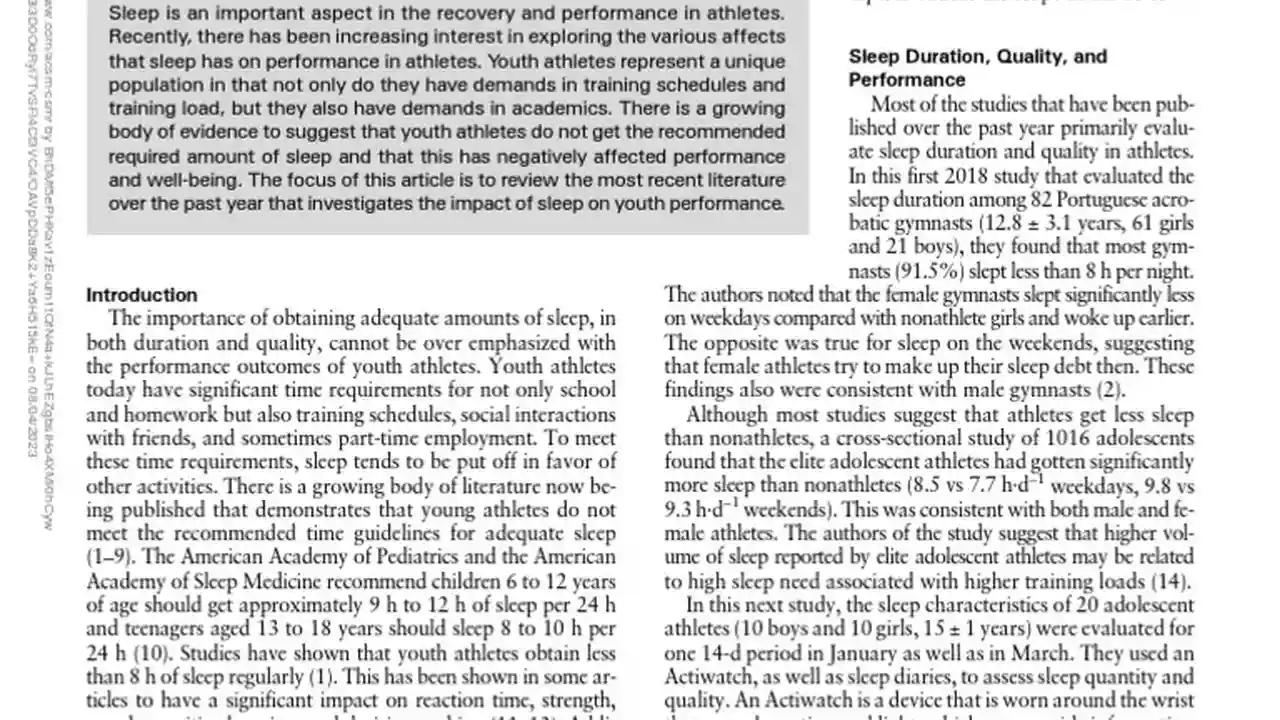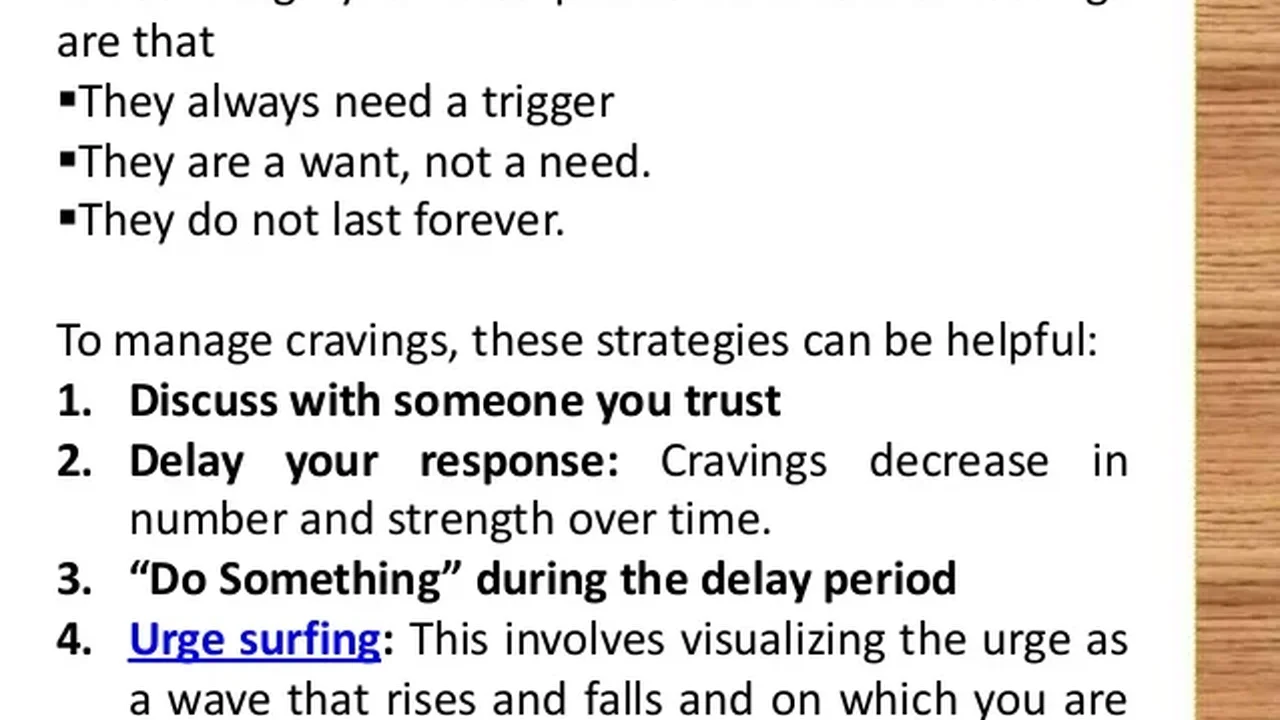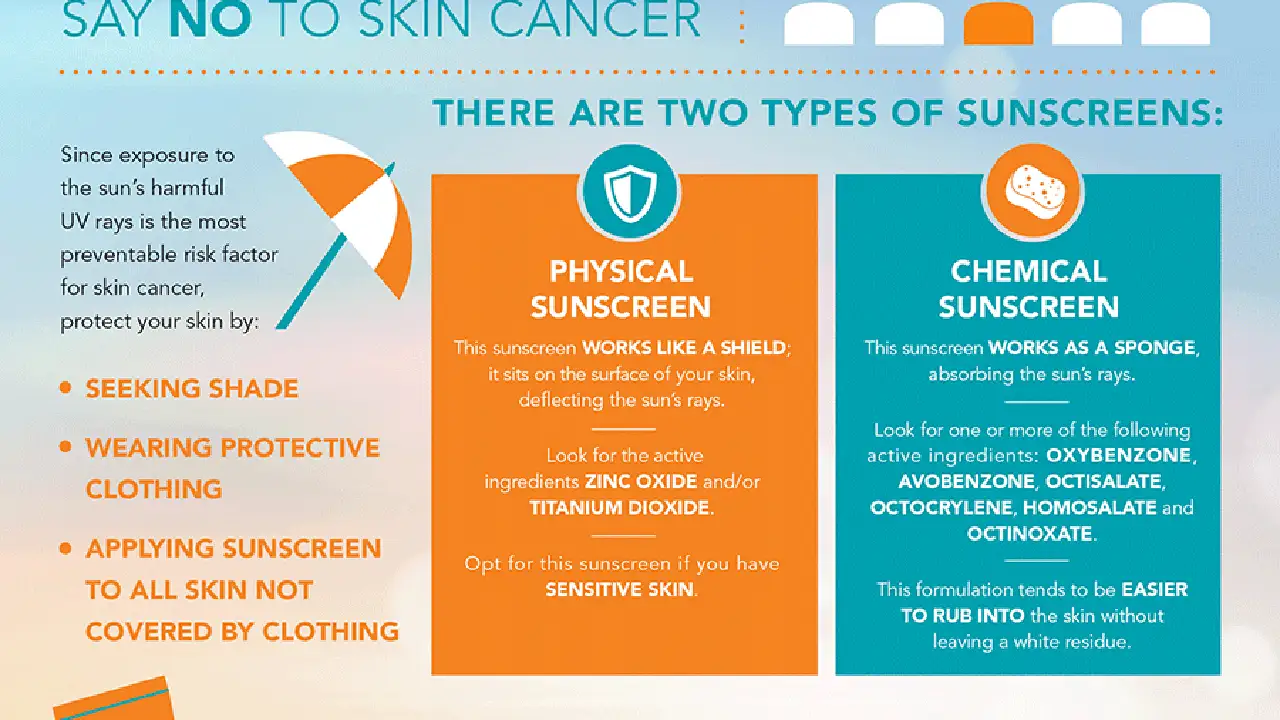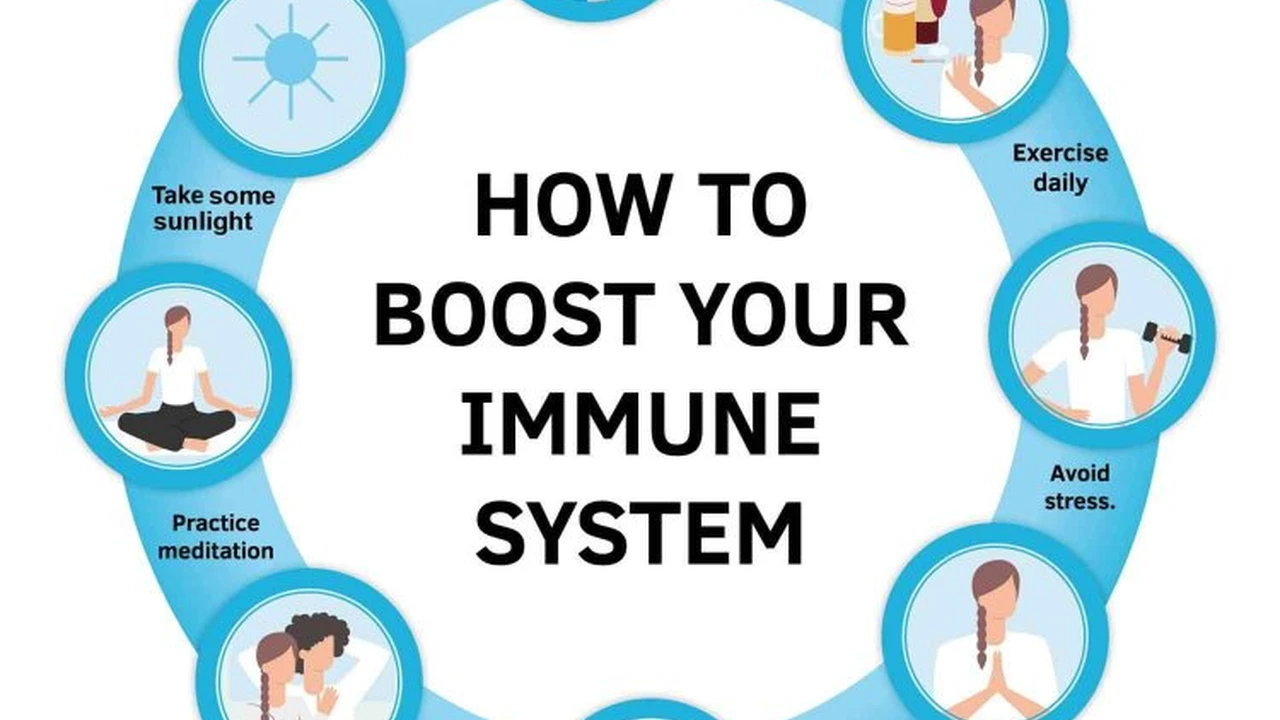The Impact of Sleep on Exercise Performance and Recovery
Sample meta description.

Sleep and Exercise Performance: Unlocking Your Potential
Hey everyone! Ever wonder why some days you crush your workout and other days you feel like you're running through molasses? Yeah, me too. Turns out, sleep plays a HUGE role. We're talking about more than just feeling tired. We're talking about seriously impacting your performance, your recovery, and even your motivation to hit the gym (or the pavement, or the yoga mat... you get the idea).
Think of sleep as the ultimate performance enhancer. It's free, readily available (hopefully!), and way more effective than any pre-workout supplement if you're consistently skimping on it. So, let's dive into why sleep is your secret weapon for better workouts and faster recovery.
The Science Behind Sleep and Athletic Ability: Understanding the Connection
Okay, let's get a little science-y, but I promise to keep it simple. When you sleep, your body goes into repair mode. It's like your internal pit crew is patching up the damage from your workouts, rebuilding muscle tissue, and replenishing energy stores. Here's a breakdown of what's happening behind the scenes:
- Muscle Repair and Growth: During sleep, your body releases human growth hormone (HGH), which is crucial for muscle protein synthesis. Basically, it's the building block for bigger, stronger muscles. Less sleep = less HGH = less muscle growth. Simple as that.
- Energy Replenishment: Your muscles use glycogen for fuel. Sleep helps replenish these glycogen stores, so you have the energy to power through your next workout. Skipping sleep means you're running on empty.
- Hormone Regulation: Sleep helps regulate hormones like cortisol (the stress hormone) and testosterone. High cortisol levels can break down muscle tissue and hinder recovery, while adequate testosterone is essential for muscle growth and performance. Sleep helps keep these hormones in balance.
- Brain Function and Coordination: Sleep is essential for cognitive function, including reaction time, coordination, and decision-making. All of these are critical for athletic performance, whether you're lifting weights, running a marathon, or playing a sport. Imagine trying to make a quick decision on the basketball court after a night of tossing and turning. Not good.
Sleep Deprivation and Exercise: The Negative Impacts Explained
Now, let's talk about what happens when you don't get enough sleep. Spoiler alert: it's not pretty. Sleep deprivation can wreak havoc on your exercise performance and recovery, leading to a whole host of problems:
- Decreased Performance: Studies have shown that sleep deprivation can reduce strength, power, endurance, and speed. You'll feel weaker, slower, and less able to push yourself.
- Increased Risk of Injury: Sleep deprivation impairs coordination and reaction time, making you more prone to accidents and injuries. Think stumbling on the treadmill or dropping a weight on your foot. Ouch!
- Impaired Recovery: As mentioned earlier, sleep is crucial for muscle repair and growth. Without enough sleep, your body can't recover properly, leading to muscle soreness, fatigue, and an increased risk of overtraining.
- Reduced Motivation: Let's be honest, when you're tired, the last thing you want to do is exercise. Sleep deprivation can zap your motivation and make it harder to stick to your workout routine.
- Weakened Immune System: Sleep deprivation weakens your immune system, making you more susceptible to illness. Nobody wants to miss workouts because they're sick.
Optimizing Your Sleep for Peak Athletic Performance: Practical Tips and Strategies
Okay, so now you know why sleep is so important. But how do you actually get more of it? Here are some practical tips and strategies for optimizing your sleep:
- Establish a Regular Sleep Schedule: Go to bed and wake up at the same time every day, even on weekends, to regulate your body's natural sleep-wake cycle (circadian rhythm).
- Create a Relaxing Bedtime Routine: Wind down before bed with relaxing activities like reading, taking a warm bath, or listening to calming music. Avoid screen time (phones, tablets, computers) for at least an hour before bed, as the blue light emitted from these devices can interfere with sleep.
- Optimize Your Sleep Environment: Make sure your bedroom is dark, quiet, and cool. Use blackout curtains, earplugs, or a white noise machine if necessary. A comfortable mattress and pillows are also essential.
- Avoid Caffeine and Alcohol Before Bed: Caffeine is a stimulant that can keep you awake, while alcohol can disrupt your sleep later in the night.
- Get Regular Exercise: Regular exercise can improve sleep quality, but avoid exercising too close to bedtime, as it can be stimulating.
- Consider a Sleep Supplement: Some supplements, like melatonin, magnesium, and valerian root, may help improve sleep quality. Talk to your doctor before taking any supplements.
Sleep Tracking Devices: Monitoring Your Sleep Quality and Duration
Want to know more about your sleep habits? Consider using a sleep tracking device. These devices can track your sleep duration, sleep stages (light, deep, REM), and sleep quality. This information can help you identify areas where you can improve your sleep habits.
There are many different sleep tracking devices available, including:
- Fitness Trackers: Many fitness trackers, like Fitbit, Garmin, and Apple Watch, have built-in sleep tracking features.
- Sleep Trackers: Dedicated sleep trackers, like the Sleep Number bed and the Withings Sleep Analyzer, provide more detailed sleep data.
- Smartphone Apps: There are also many smartphone apps that can track your sleep using your phone's accelerometer and microphone.
Experiment with different devices to find one that works best for you. Remember that sleep tracking devices are not always 100% accurate, but they can provide valuable insights into your sleep habits.
The Role of Diet in Sleep Quality: Foods to Eat and Avoid for Better Sleep
What you eat can also affect your sleep quality. Here are some foods to eat and avoid for better sleep:
Foods to Eat:
- Tart Cherries: Tart cherries are a natural source of melatonin, the sleep hormone.
- Almonds: Almonds are a good source of magnesium, which can help relax muscles and promote sleep.
- Kiwi: Studies have shown that eating kiwi before bed can improve sleep quality.
- Warm Milk: Warm milk contains tryptophan, an amino acid that can help promote sleep.
- Chamomile Tea: Chamomile tea has calming properties that can help you relax before bed.
Foods to Avoid:
- Caffeine: Avoid caffeine in the afternoon and evening.
- Alcohol: Avoid alcohol before bed.
- Spicy Foods: Spicy foods can cause heartburn and indigestion, which can disrupt sleep.
- Large Meals: Avoid eating large meals close to bedtime.
- Sugary Foods: Sugary foods can cause blood sugar spikes and crashes, which can interfere with sleep.
Specific Product Recommendations for Improved Sleep: Mattresses, Pillows, and More
Okay, let's get into some specific product recommendations to help you optimize your sleep environment. These are just a few suggestions, and the best choice for you will depend on your individual needs and preferences.
Mattresses: Finding the Perfect Fit
A good mattress is essential for a good night's sleep. Here are a few popular options:
- Casper Original Mattress: A popular all-foam mattress known for its comfort and support. Price: Around $1000 for a queen size. Use Case: Great for all sleeping positions.
- Saatva Classic Mattress: A hybrid innerspring mattress that combines the support of coils with the comfort of memory foam. Price: Around $1700 for a queen size. Use Case: Good for back and stomach sleepers.
- Purple Mattress: A unique mattress with a gel grid that conforms to your body and provides pressure relief. Price: Around $1400 for a queen size. Use Case: Excellent for hot sleepers.
Comparison: Casper is generally considered the most affordable and versatile option. Saatva offers more support and durability, while Purple excels at temperature regulation. Consider your budget and sleeping preferences when making your choice.
Pillows: Supporting Your Head and Neck
A good pillow can help prevent neck pain and improve sleep quality. Here are a few options:
- Tempur-Pedic TEMPUR-Cloud Pillow: A memory foam pillow that conforms to your head and neck. Price: Around $80. Use Case: Good for all sleeping positions.
- Buckwheat Pillow: A pillow filled with buckwheat hulls that provides firm support and promotes airflow. Price: Around $50. Use Case: Good for back and side sleepers.
- Down Pillow: A soft and fluffy pillow filled with down feathers. Price: Varies depending on the quality of the down. Use Case: Good for stomach sleepers.
Comparison: Tempur-Pedic offers excellent support and pressure relief. Buckwheat pillows are firm and breathable, while down pillows are soft and luxurious. Consider your sleeping position and desired level of support when making your choice.
Other Sleep Aids: White Noise Machines, Blackout Curtains, and More
In addition to mattresses and pillows, there are other sleep aids that can help you create a more conducive sleep environment:
- White Noise Machine: A white noise machine can mask distracting sounds and help you fall asleep faster. Price: Around $30. Use Case: Good for light sleepers or those who live in noisy environments.
- Blackout Curtains: Blackout curtains can block out light and create a darker sleep environment. Price: Varies depending on the size and material. Use Case: Good for those who are sensitive to light.
- Weighted Blanket: A weighted blanket can provide a sense of calm and relaxation. Price: Around $100. Use Case: Good for those with anxiety or insomnia.
The Importance of Consistency: Making Sleep a Priority
The key to improving your sleep for better exercise performance and recovery is consistency. Make sleep a priority in your life. Set a regular sleep schedule, create a relaxing bedtime routine, and optimize your sleep environment. It may take some time to find what works best for you, but the effort will be well worth it. Your body (and your workouts) will thank you!
:max_bytes(150000):strip_icc()/277019-baked-pork-chops-with-cream-of-mushroom-soup-DDMFS-beauty-4x3-BG-7505-5762b731cf30447d9cbbbbbf387beafa.jpg)






